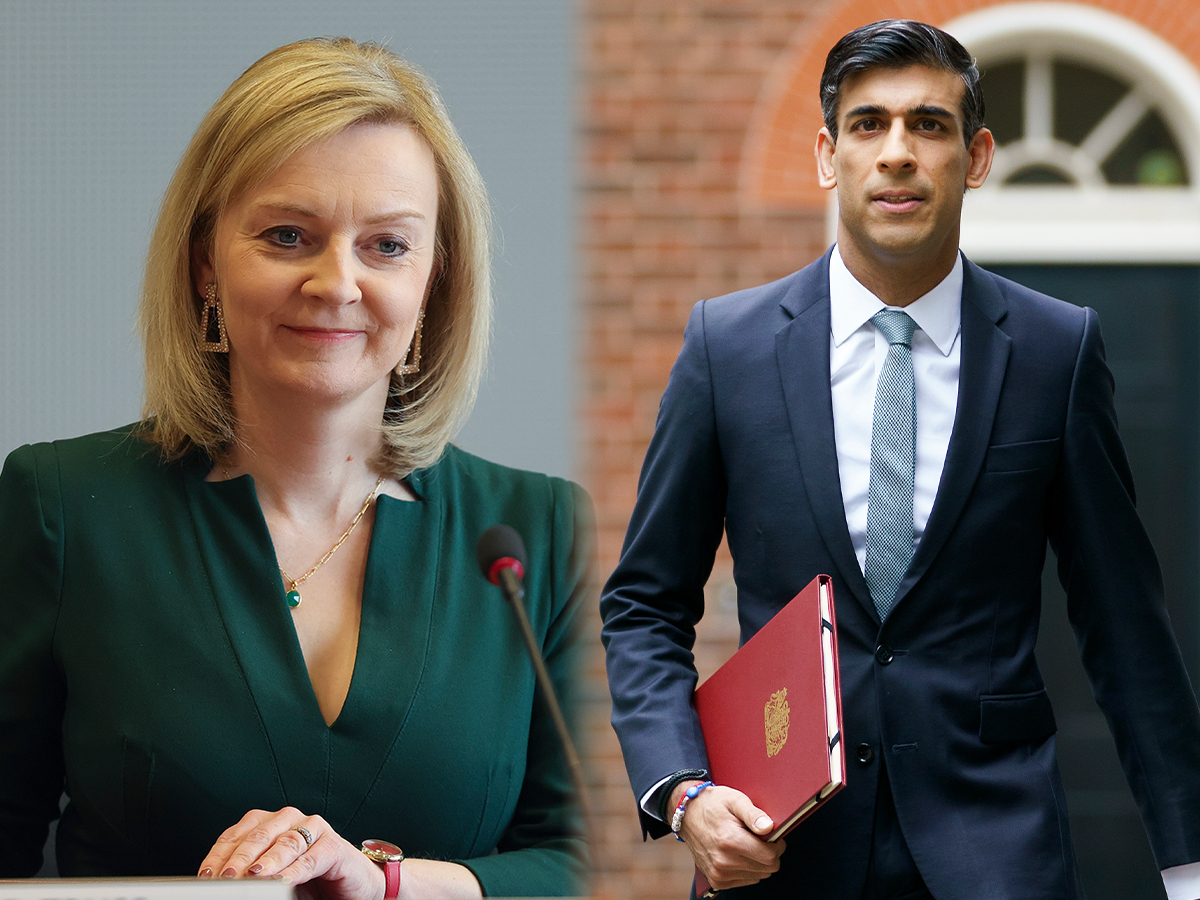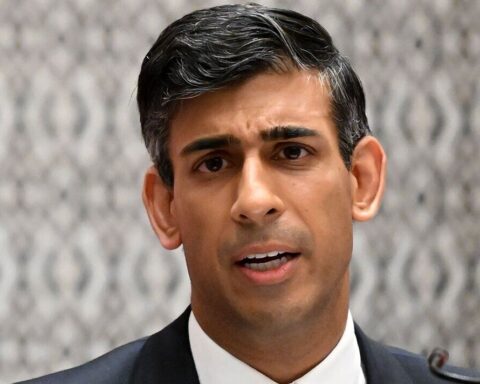LONDON (Parliament Politics Magazine) – Tonight at 7 o’clock in London, the final of twelve hustings in the contest to become the next prime minister and leader of the Conservative Party will begin.
Liz Truss is the clear favourite to defeat Rishi Sunak in the competition, which closes with voting at 5 p.m. on Friday.
On Tuesday of next week, the winner will meet the Queen after being announced on Monday.
Cabinet minister organises gathering to prepare for impending issues, calling it “a marathon, not a sprint.”
The Duchy of Lancaster’s chancellor, Kit Malthouse, called a conference to discuss the challenges the UK will face this winter and the following year.
Politicians and representatives from the Treasury, the Departments of Health and Social Care, Business, Energy, and Industrial Strategy, Transport, Work and Pensions, and the Department for Levelling Up, Housing and Communities were among those in attendance.
It was the most recent of several meetings that had taken place throughout the summer.
The government said that the ministers and officials had discussed areas of priority that had the potential to compound together over the coming 18 months, such as cost of living, energy, labour market shortages, industrial action and supply chain disruption.
Malthouse said that as it wouldn’t be a sprint but a marathon, he had made it his top priority to ensure that they were ready for the significant challenges they expected to encounter coming autumn and winter. He had held regular meetings to make sure that departments maintained pace and grip on that crucial work now and in the months to come.
For people, families, and businesses, the cost of living was getting more expensive due in part to increased energy prices, and the NHS was already feeling the strain and that was ahead of the flu season.
The most vulnerable members of society could be severely impacted by those risks, so it was crucial that they quickly create solid plans to lessen the effects of these risks and find solutions.
The Treasury and BEIS are working on ways to interfere in the energy markets to reduce energy prices, giving the PM access to a variety of levers to pull, the government says.
No significant decisions will be made until the new prime minister assumes office the following week.
Johnson: The following PM will “without a doubt” offer additional assistance with living expenses
Boris Johnson said whoever succeeds him will “unquestionably” provide the British people extra assistance with the cost of living.
When asked about the support that will be offered, the outgoing leader emphasised the assistance that had already been declared while speaking in Barrow-in-Furness, Cumbria.
Johnson stated every home, or 29 million households, will receive £400 in October, followed by £300 for every pensioner in the nation in November and £150 for every person eligible for disability benefits. But it must be remembered that the new prime minister would undoubtedly have another bundle to offer when the time comes for the handover.
The government, he continued, was assisting by implementing “huge business rates reductions.”
Up until the end of March of next year, eligible companies will receive a 50% relief. Even though rates have been locked for two years—they typically rise in step with inflation—it is uncertain what will transpire in the upcoming spring when the new financial year begins.
“You’re going to have to wait and contain your excitement on that until later this week,” Mr. Johnson said when asked if he would approve the Sizewell C reactor.





